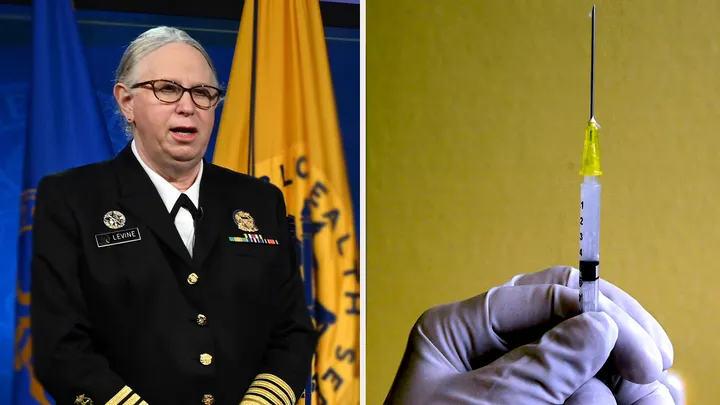
Assistant Secretary Rachel Levine’s recent defense of medical interventions for transgender youth has sparked a heated debate among Republican voters. In an episode of ABC’s “Nightline,” Levine argued that hormone therapy and other interventions could be necessary for children experiencing the “wrong puberty.” While it is crucial to approach the topic of gender identity with compassion, it is equally important to scrutinize the potential consequences of these interventions and advocate for responsible policies.
Levine’s dismissal of concerns raised by Republican efforts to ban gender reassignment surgeries and drugs for minors is concerning. Republican voters firmly believe that children under the age of 18 are not capable of providing informed consent for life-altering medical procedures. Parental authority and medical ethics should not be undermined in the pursuit of accommodating individual gender identities.
There is a need to critically evaluate the long-term effects and reliability of these interventions. While Levine claims they are “evidence-based,” it is imperative to conduct thorough research and ensure that medical decisions are based on robust scientific evidence. Invasive procedures and hormone therapy can have irreversible physical and psychological consequences for young individuals, and we must prioritize their well-being above all else.
Moreover, Levine’s assertion that these treatments are “literally suicide prevention care” lacks substantial scientific backing. Mental health care should be approached with caution, compassion, and evidence-based practices. Banning gender-affirming care for minors does not mean neglecting their well-being. It signifies a responsible approach that ensures proper evaluation, consideration of long-term consequences, and the involvement of parents in decisions that impact their children’s lives.
Assistant Secretary Levine’s personal journey with gender identity should not be the sole basis for implementing policies that potentially harm vulnerable children. Transitioning as an adult is vastly different from allowing minors to make irreversible decisions. Republican voters must remain steadfast in their commitment to protecting children from invasive medical procedures and advocating for responsible policies that prioritize their well-being.
In conclusion, the debate surrounding medical interventions for transgender youth requires careful consideration. Republican voters must ensure that policies are guided by robust scientific evidence, parental authority, and a deep commitment to protecting the well-being and future of our children. It is only through responsible policies that we can strike the right balance between compassion and caution in this complex issue.
Source Fox News
